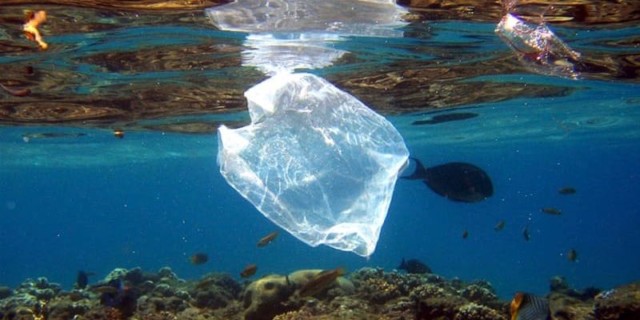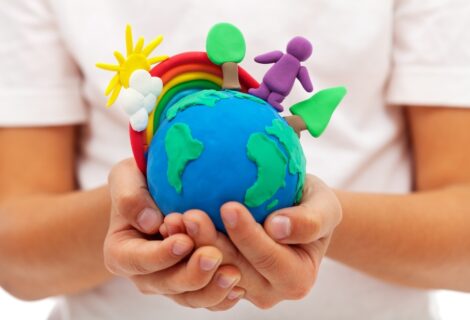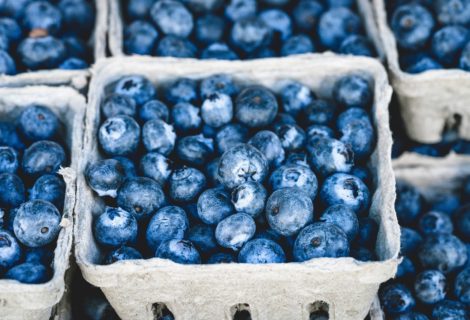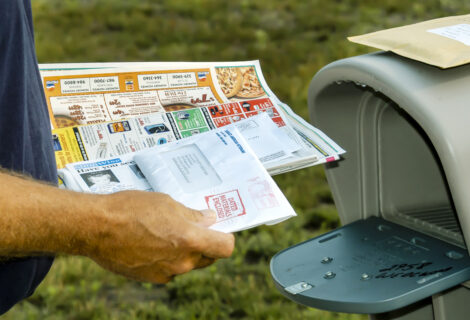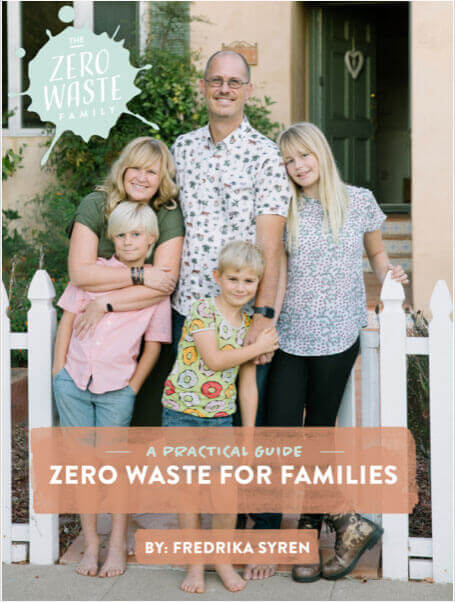By Fredrica Syren:
Let’s be honest about plastic. And I mean inconveniently honest. Plastic is found in everything these days: food, hygiene products, phones, computers, cars, even gum. Here is the harsh truth: plastic never goes away and most of it — like grocery bags, micro beads, straws and bottles — finds its way into the Pacific Ocean.
Plastic pollution poses a major threat to our wildlife, our environment and us because the majority of the world’s plastic ends up in landfills, where it can take 1,000 years to break down because it’s not biodegradable. During this time, it will pollute both soil and water. It’s kind of ironic how the very same durability that is the problem with plastic is also why humans favor it. Plastic pollution in the ocean is a bigger problem than first imagined. A report revealed that there are over 5 trillion plastic pieces weighing over 250,000 tons float in our oceans and seas. This amount translates into 700 pieces of plastic for every human on earth. As a result, about 100,000 marine animals in the North Pacific Ocean alone die each year due to plastic waste.
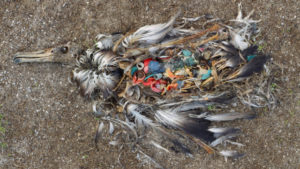 So why is it that producers of plastic do not care about this disaster happening to our oceans with their products? They surely are not clueless about the damage they are contributing to. According to a new report called Fueling Plastics from the Center for International Environmental Law (CIEL), plastic producers are well aware of the damage plastic is causing our oceans … and they don’t care. As a matter of fact, they have known about the harm disposable plastic is to humans and the ocean since the 1970s, but instead of taking responsibility and working on a solution, they have continued to deny any responsibility and have spent their time opposing sustainable solutions and fighting local regulations of disposable plastic products for decades. Even as the crises mounted, they still did nothing. To put it bluntly, co-author of the CIEL report Steven Feit says the plastics producers took a note from Big Oil’s playbook on climate change: deny, confuse, and fight regulation and effective solutions. The sad part is that by using the knowledge of the damage their products were causing over 40 years ago, they could have made changes that might have changed the course of the disaster we now face.
So why is it that producers of plastic do not care about this disaster happening to our oceans with their products? They surely are not clueless about the damage they are contributing to. According to a new report called Fueling Plastics from the Center for International Environmental Law (CIEL), plastic producers are well aware of the damage plastic is causing our oceans … and they don’t care. As a matter of fact, they have known about the harm disposable plastic is to humans and the ocean since the 1970s, but instead of taking responsibility and working on a solution, they have continued to deny any responsibility and have spent their time opposing sustainable solutions and fighting local regulations of disposable plastic products for decades. Even as the crises mounted, they still did nothing. To put it bluntly, co-author of the CIEL report Steven Feit says the plastics producers took a note from Big Oil’s playbook on climate change: deny, confuse, and fight regulation and effective solutions. The sad part is that by using the knowledge of the damage their products were causing over 40 years ago, they could have made changes that might have changed the course of the disaster we now face.
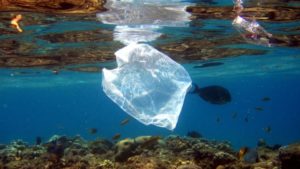 We must remember that, after all, the plastics industry is for-profit business. It is the U.S.’s the third largest industry, and responsible for 400 billion dollars in shipments. We have to remember that the plastics business is producing this volume of material because of consumer demand, so less demand will create less plastic.
We must remember that, after all, the plastics industry is for-profit business. It is the U.S.’s the third largest industry, and responsible for 400 billion dollars in shipments. We have to remember that the plastics business is producing this volume of material because of consumer demand, so less demand will create less plastic.
According to Freit in a press release, consumers changing their habits is not enough to solve the plastic crises: “As hundreds of billions of dollars from the petrochemical industry are being poured into new plastic production, we need a global, binding treaty that regulates plastic pollution throughout its lifecycle, from well head production to ocean waste.”
To read CEIL’s report, click bellow:


